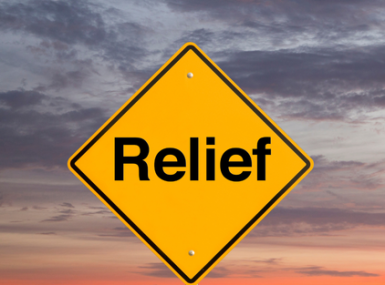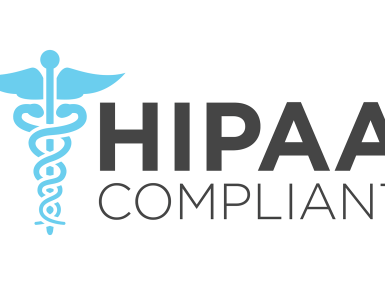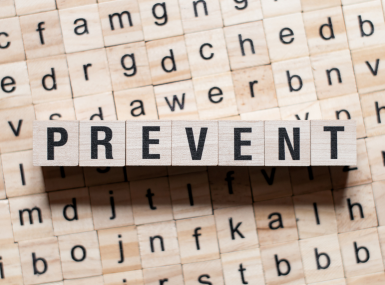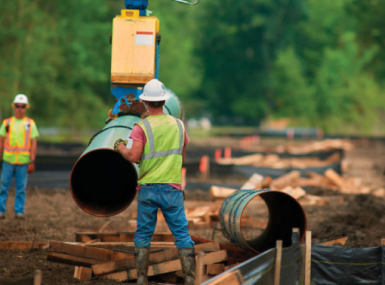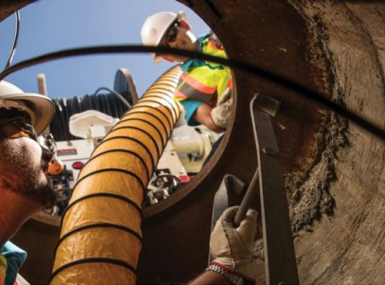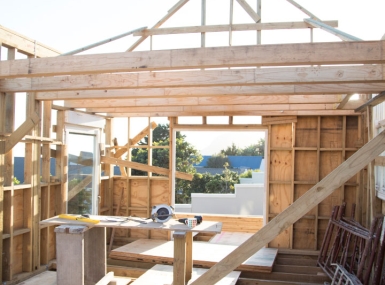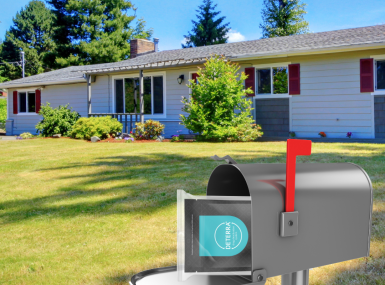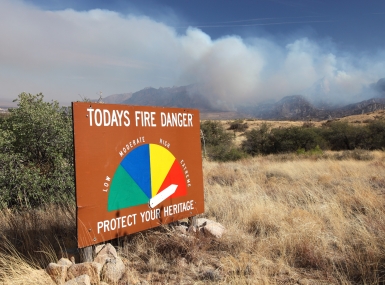Residential Home Construction ‘Stands Down’ For Safety
Upcoming Events
Related News
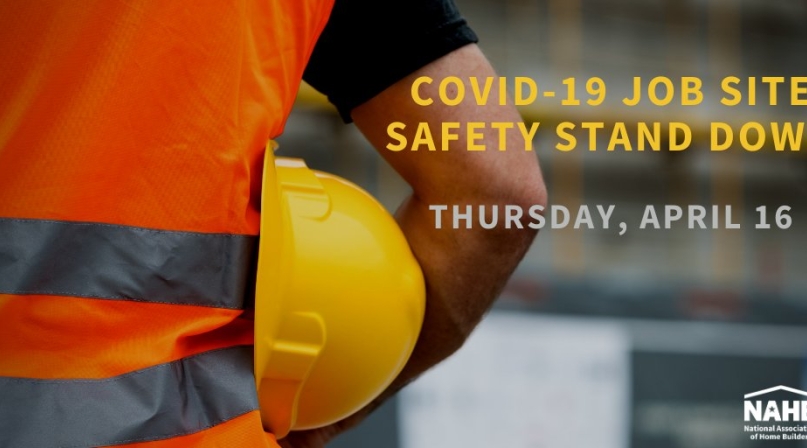
From Our Partners
This post is sponsored by our partners at NAHB.
On April 16, construction companies across the nation participated in a COVID-19 Job Site Safety Stand Down, spearheaded by the National Association of Home Builders (NAHB), to educate workers on what they should do to keep themselves safe from the coronavirus and to help “flatten the curve” for everyone.
The U.S. Department of Homeland Security designated construction of single-family and multi-family housing as an “Essential Infrastructure Business.” Although this designation is non-binding on state and local governments, it does mean that elected leaders and builders can work together to ensure a safe means to continue sorely needed housing construction.
“With more workers coming back to job sites, we need to make sure they have all the information they need to stay healthy and safe,” said NAHB Chairman Dean Mon. “It is critical that everyone on a construction site alter their normal behavior and strictly follow public health guidelines while at work.”
As part of the safety stand down, members paused all work for at least 10 minutes to relay coronavirus safety precautions outlined in the Coronavirus Preparedness and Response Plan for Construction, which describes how to prevent worker exposure to coronavirus, protective measures to be taken on the job site, personal protective equipment and work practice controls to be used, cleaning and disinfecting procedures, and what to do if a worker becomes sick.
“Truex Preferred Construction held two Stand Downs on every job site, the message to employees and to our trade contractors was follow the CDC guidelines,” said home builder and Charlotte County, Florida Commissioner Bill Truex. “The crews all participated willingly and understood the seriousness of the message and situation.”
The NAHB federation is comprised of over 700 local home builder associations, which stand ready to serve as a resource for county governments and as an ally in efforts to ensure counties receive adequate levels of federal and state emergency funding. Please contact NAHB or your local home builder association at any time.
Post Sponsor







